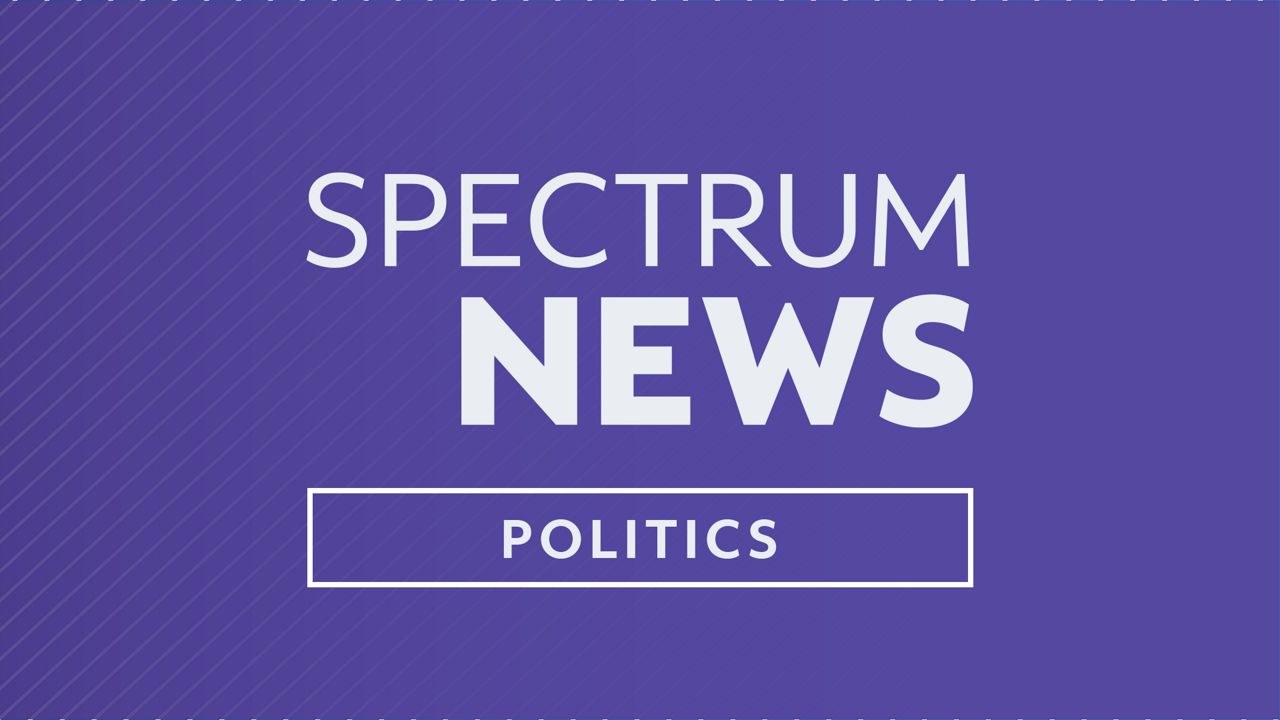ALBANY, N.Y. (AP) — Just in time for Christmas, New York legislators returned to the state capital Thursday to give themselves a nice holiday gift: a pay raise that would make them the nation’s best-paid state lawmakers.
Members of the state Assembly and Senate would make a base salary of $142,000 under a bill they passed during a special session, a 29% raise over their salary of $110,000.
That would send them racing ahead of state lawmakers in California, who are now the nation’s best-paid legislators with a yearly base pay of about $119,000, according to the National Conference of State Legislatures.
New York’s lawmakers, however, would also face restrictions for the first time on how much they can make from other jobs.
Outside income would be capped at $35,000, starting in 2025. Pay in excess of that from military service, retirement plans or investments would still be allowed.
Senate Majority Leader Andrea Stewart-Cousins, a Democrat, said legislators work hard, year round, and deserved a raise to cover the increased cost of living.
“It’s a full time job,” she said. “Sooner or later in order to be able to afford to do the job, we have to raise pay.”
Senate Republican Leader Rob Ortt said he found the raise “patently offensive to the people we represent."
“Albany’s One Party Ruling Class continues to put their own misplaced priorities first," Ortt said in a statement.
Gov. Kathy Hochul, a Democrat, has said she supports the idea of a raise for the Legislature, but hasn’t said whether she would sign the bill. Email and text messages left for the governor’s office weren’t immediately returned.
Some government transparency and watchdog groups said after the bill was introduced late Monday that it doesn't do enough for regulating outside income.
“The public really deserves to know that their elected officials are working just for them and they don't have any other interests in mind," said Rachael Fauss, a senior policy advisor at the government watchdog group Reinvent Albany.
Members of the U.S. Congress, for example, are excluded from making any outside income while they are in office from certain professions that could pose conflicts of interest, such as being a lawyer.
Outside income has posed ethical and legal problems for some of New York's top lawmakers.
Former Assembly Speaker Sheldon Silver died in prison after he was convicted of entering into a corrupt arrangement in which he got a pair of real estate developers to send business to a law firm paying him referral fees, and then backed legislation benefiting the developers.
Still, many states have a tradition of lawmaking being a part-time job, rather than a profession, and embraced the idea that a legislature should be made up of regular people with regular jobs outside of government.
“When I campaigned, I heard over and over again from voters that we don’t want career politicians. That’s what this is going to create,” said Assemblymember Mary Beth Walsh, a Republican who represents a district north of Albany.
Assemblywoman Patricia Fahy, a Democrat, said the raise would help the Legislature retain quality members who could make more in the private sector.
“We have had an unhealthy churning and turnover particularly from downstate members,” she said.
New York's legislators got their last pay raise in 2018. At the time, it was their first raise in 20 years.
That pay boost was made possible through a list of recommendations made by a state compensation committee, but a cap on outside earnings was never implemented.
“There's a history in New York that looks at pay increases for legislatures, but this is the first time they are taking matters into their own hands,” Fauss said.
___
Maysoon Khan is a corps member for the Associated Press/Report for America Statehouse News Initiative. Report for America is a nonprofit national service program that places journalists in local newsrooms to report on undercovered issues. Follow Maysoon Khan on Twitter at: twitter.com/MaysoonKhan.
Copyright 2022 The Associated Press. All rights reserved. This material may not be published, broadcast, rewritten or redistributed without permission.




